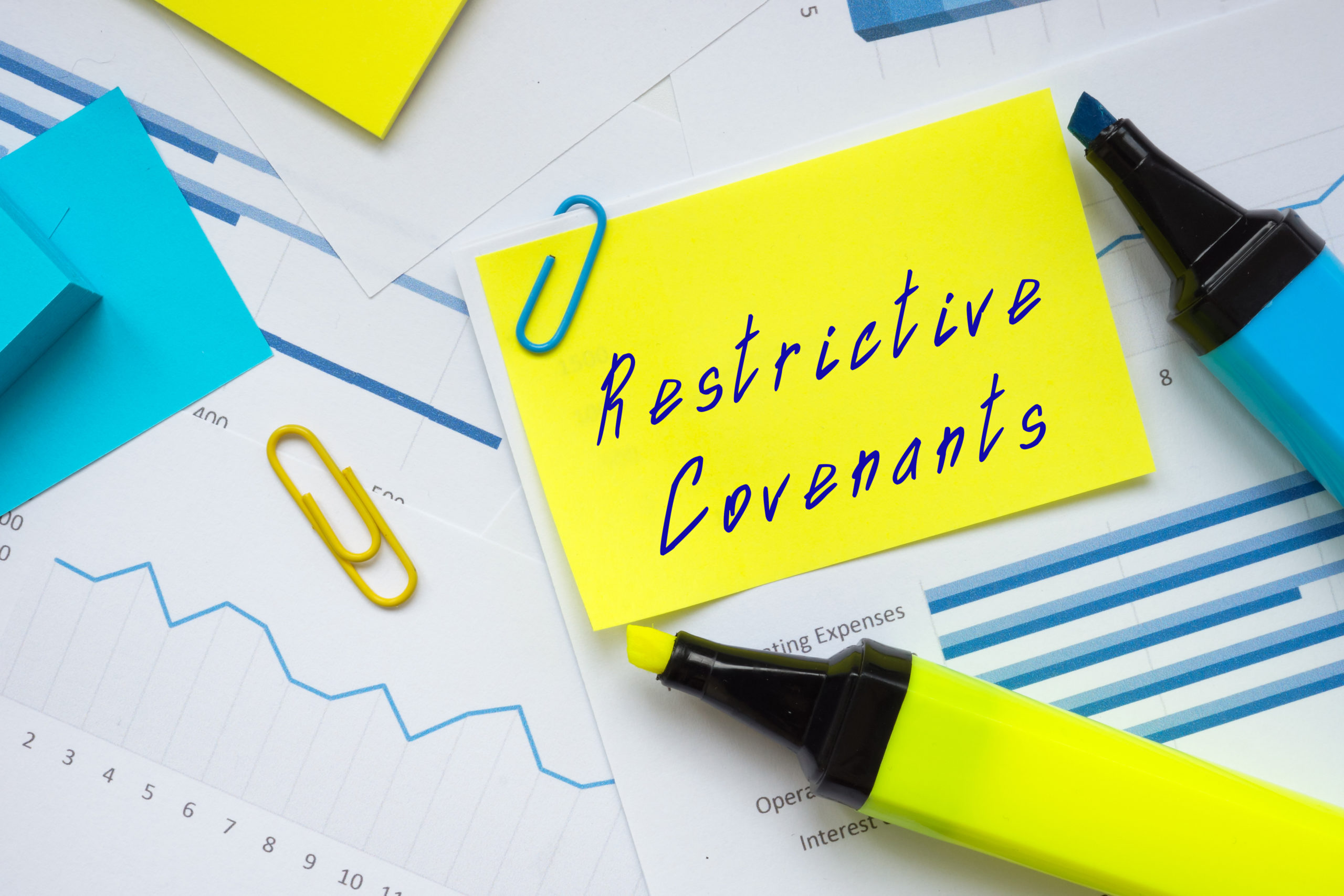Overseas Companies and UK Property Ownership: What are the new rules?
In 2022 the Economic Crime (Transparency and Enforcement) Act came into play, allowing the UK government more transparency on the information surrounding the ownership of property by overseas companies. Here, Aisha Dambam looks at the new Act and what the rules and regulations mean for property owners in the UK.
Section 3 of the Economic Crime (Transparency and Enforcement) (EC(TAE) Act 2022 “The Act”, which was introduced on 1 August 2022, requires Companies House to keep a Register of Overseas Entities in accordance with the provisions of The Act. The Act defines an “Overseas Entity” as “a legal entity that is governed by the law of a country or territory outside the United Kingdom.” Any Overseas Entity caught by the provisions of The Act will be obliged to first identify its beneficials owner(s) and managing officer(s) and then register them on the Register of Overseas Entities. Upon completion of registration, Companies House will issue a unique Overseas Entity ID.
Consequences of failure to comply with the new Act
As Overseas Entities are often used to conceal and launder the proceeds of bribery, corruption and organised crime, any investigation tends to be hindered due to lack of information as to the ownership and control of those entities. The introduction of The Act will enable the UK Government to combat this issue as it will increase transparency of ownership of land and property in the United Kingdom by these entities. Failure to comply with the provisions of The Act is a criminal offence and can include fines of up to £2,500 per day, a prison sentence of up to five years or both.
HM Land Registry’s approach: Acquiring land from an Overseas Entity and Overseas Entities disposing of land
In accordance with Schedule 4A of the Land Registration Act 2002 “LR Act” and Schedule 3 The Act, HM Land Registry (save for limited circumstances) will enter a restriction (although it will not take effect until 31 January 2023) in the register of Overseas Entities who became registered proprietors of a qualifying estate (i.e. freehold or lease for more than seven years) on or after 1 January 1999. The restriction will restrict certain dispositions (such as transfers, grant of leases for more than seven years and legal charges) unless one of the provisions in paragraph 3(2)(a)-(f) of Schedule 4A LR Act applies.
Furthermore, to ensure compliance with this new regime, Schedule 4A of the LR Act states that no application (lodged after 5 September 2022) can be made to register an Overseas Entity as the proprietor of a qualifying estate unless at the time of the application, the entity was exempt, or a valid Overseas Entity ID was provided. The Land Registry will not raise a requisition for a missing Overseas Entity ID (where it was required but not provided) but will instead reject an application.
Under English Law, a property disposition only takes effect at law upon completion of registration at HM Land Registry. It is therefore in the interest of both parties in a transaction (where an Overseas Entity is involved) to ensure the Overseas Entity ID is obtained.
If you have any questions about the Register of Overseas Entities and how it could apply to you, please contact our Real Estate Team, we would be delighted to help.
Email: beyondrealestateteam@beyondcorporate.co.uk
By Aisha Dambam















































































